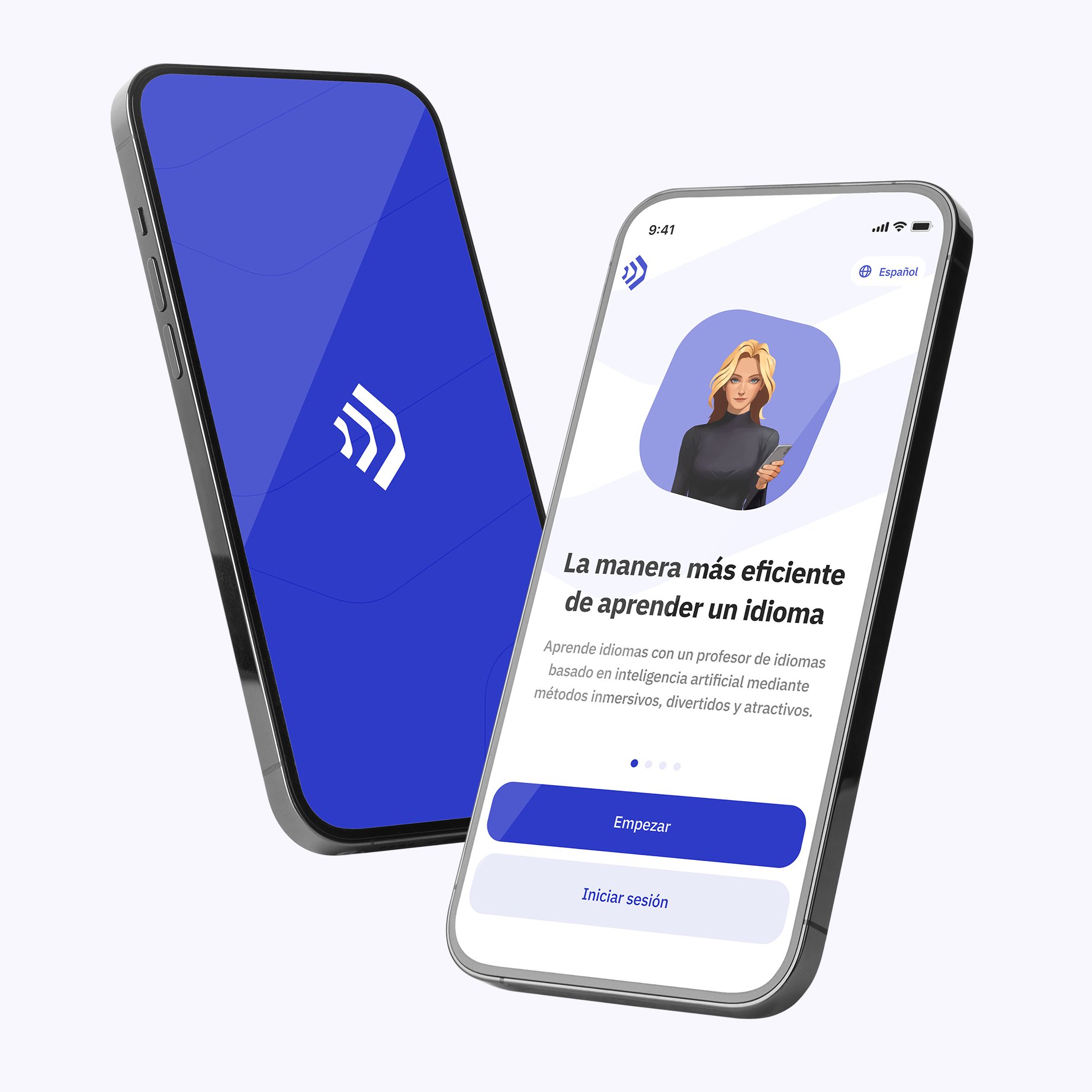El verbo "cost" en inglés es un verbo irregular que se utiliza para expresar el precio de algo o el esfuerzo requerido para obtener algo. Este verbo es esencialmente utilizado para indicar cuánto se debe pagar por un artículo o servicio, o cuánto esfuerzo o recursos son necesarios para lograr un objetivo. "Cost" se relaciona con el concepto de gasto o inversión, ya sea monetaria o de otro tipo. Es un verbo que se encuentra frecuentemente en conversaciones cotidianas, especialmente cuando se habla de compras, presupuestos y planificación financiera.
The new car will cost me over $30,000.
How much does it cost to travel to Japan?
The repairs on the house cost more than we had anticipated.
Buying organic food usually costs more than the non-organic options.
It will cost you a lot of time to master a new language.
The concert tickets cost them a fortune, but it was worth it.
Education shouldn't have to cost so much money.
The project cost us several weeks of hard work.
She said that the necklace had cost her over two thousand dollars.
That mistake cost him his job.
I cost 100 dollars.
You cost 200 euros.
He costs 50 pounds.
She costs 300 yen.
It costs 20 rubles.
We cost 10 pesos.
They cost 80 kroner.
I cost 100 dollars last year.
You cost 200 euros last month.
He cost 50 pounds yesterday.
She cost 300 yen last week.
It cost 20 rubles the other day.
We cost 10 pesos during the holidays.
They cost 80 kroner last time.
I will cost 100 dollars tomorrow.
You will cost 200 euros next year.
He will cost 50 pounds soon.
She will cost 300 yen next time.
It will cost 20 rubles in the future.
We will cost 10 pesos someday.
They will cost 80 kroner eventually.
I have cost 100 dollars so far.
You have cost 200 euros up to now.
He has cost 50 pounds until today.
She has cost 300 yen as of now.
It has cost 20 rubles to date.
We have cost 10 pesos by now.
They have cost 80 kroner thus far.
I had cost 100 dollars before that day.
You had cost 200 euros prior to the event.
He had cost 50 pounds before now.
She had cost 300 yen up until last night.
It had cost 20 rubles earlier.
We had cost 10 pesos before then.
They had cost 80 kroner up to that point.
I will have cost 100 dollars by tomorrow.
You will have cost 200 euros by next month.
He will have cost 50 pounds by the time he arrives.
She will have cost 300 yen by next week.
It will have cost 20 rubles by the end of the year.
We will have cost 10 pesos by the holiday.
They will have cost 80 kroner by the deadline.
La forma más eficiente de aprender un idioma
Prueba Talkpal gratis
Cada individuo aprende de una forma única. Con la tecnología de Talkpal , tenemos la capacidad de examinar cómo millones de personas aprenden simultáneamente y diseñar las plataformas educativas más eficientes, que se pueden personalizar para cada estudiante.

Recibe sugerencias y comentarios inmediatos y personalizados para acelerar tu dominio del idioma.

Aprende mediante métodos adaptados a tu estilo y ritmo únicos, garantizando un viaje personalizado y eficaz hacia la fluidez.
Talkpal es un tutor de idiomas basado en inteligencia artificial. Es la forma más eficaz de aprender un idioma. Chatea sobre una cantidad ilimitada de temas interesantes escribiendo o hablando mientras recibes mensajes con voz realista.


Talkpal, Inc., 2810 N Church St, Wilmington, Delaware 19802, US
© 2025 All Rights Reserved.